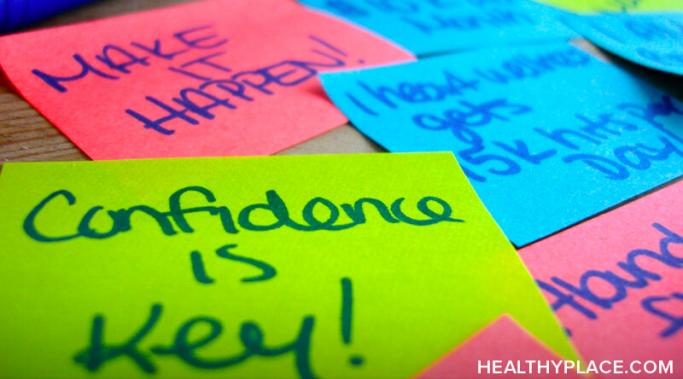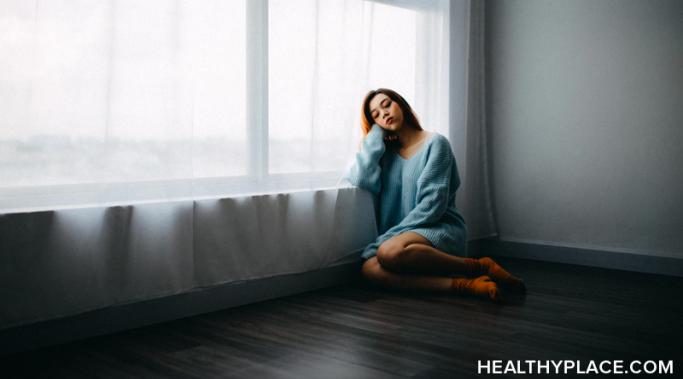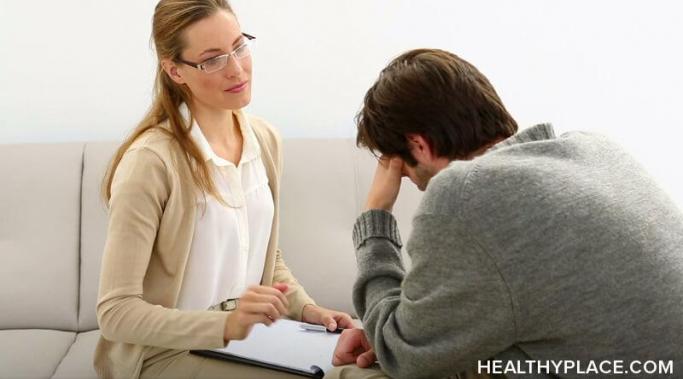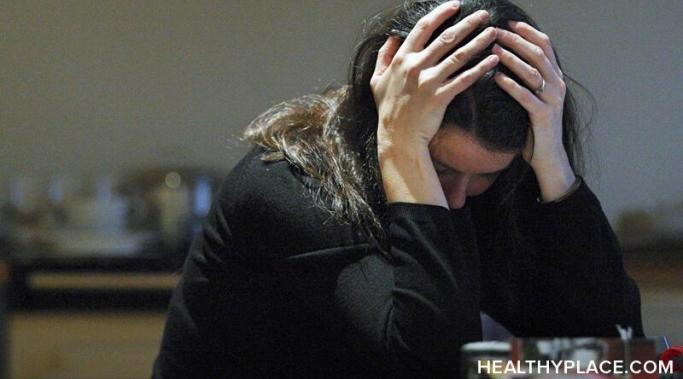We are right on the verge of Thanksgiving and the holiday season. It's such a great time to reflect, not only on the year overall but also on how my ability to cope with my anxiety has progressed. A helpful strategy that I've really taken the time to focus on this year has been practicing gratitude and how feeling thankful has helped me manage my anxiety levels.
Anxiety Videos – Treating Anxiety
Anxiety and self-confidence usually don't coincide with one another, in my experience. I've also found that it is important to find ways to boost my confidence. Otherwise, it is easy to allow my anxiety to overwhelm many aspects of my daily life.
I've heard a lot about self-sabotaging or being self-destructive when it comes to anxiety, but somewhere along the way, I've convinced myself that I don't do that. I've convinced myself that I don't do things that prevent me from taking advantage of an opportunity or being in line with my goals. Has this been a form of self-sabotage in and of itself? I honestly believe so. Because when I take the time to think about it, I can think of many times in my life when I've purposely taken actions -- or not taken actions -- that weren't consistent with things I have wanted for myself, and anxiety was behind it.
Moving abroad is no easy feat. Saying goodbye to your family and friends and dealing with the culture shock can be difficult. I moved to the United States when I was 19, and it was one of the hardest things I have done. The uncertainty of settling abroad was extremely anxiety-inducing for me. I'm soon moving to yet another country, and from what I've previously experienced, I now feel more confident moving abroad. In this blog post, I'll share some tips for coping with anxiety when moving abroad.
Over the years, I have been able to cope with my anxiety much more effectively than I did when I was younger; however, there are still plenty of times when my anxiety has affected my self-worth.
Not long ago, my therapist asked me to think about my anxiety triggers. I thought about the multiple triggers that lead me to feel anxious, and I realized that one of them is illness, whether it is my own or that of someone I care about.
A couple of years ago, I was in your place: anxious, nervous, and extremely stressed out for my very first therapy session. Countless questions were running through my mind, like, "Will my therapist judge me?", "Will they understand where I'm coming from?", "What will happen in the first session?", and "Will my therapist think my concerns are stupid?" Being anxious about your first therapy session is normal. As someone who grew up surrounded by people who thought that therapy was for "crazy people," I was extremely clueless about therapy and didn't know what to expect.
Something that I have learned about my anxiety is that it won't go away. It has been something that I have coped with since I was a teenager, possibly even earlier than that, and it is never going to go away. But there are things that I can do to lessen the effects of anxiety.
Over the years, I have learned so much about my anxiety, not only through formal education but also simply through taking the time to analyze what I am going through. Some might say that this is just a part of dealing with anxiety -- the overthinking and the constant overanalyzing of what you feel, think, and do. But I think it has also been helpful because it has helped me recognize my triggers and anxiety symptoms. It has also helped me figure out things I can do that are helpful for me. One of those things is leaning into my anxiety and accepting the anxiety instead of running away from it.
Something I've learned about my anxiety is that sometimes, instead of being consumed by worries about the future, it is possible to be overwhelmed by the past to the point that my memories trigger anxiety symptoms.









